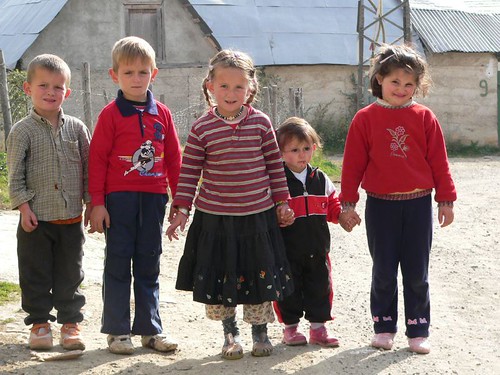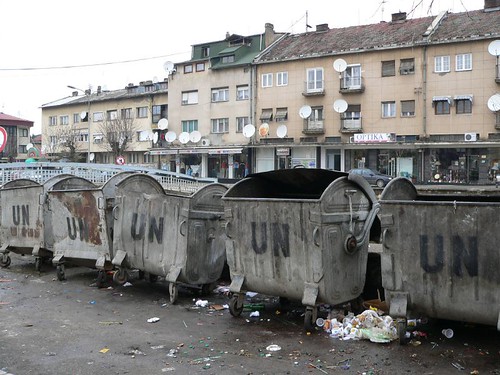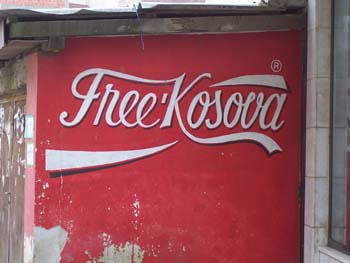I'm giving too much publicity to this guy but he seems to be the only one not parroting Belgrade. Oliver Ivanovic is keen enough to see across the hill, beyond the end of the current talks.
[Jevtic] What is your grudge against the Belgrade negotiating team?
[Ivanovic] Besides what people think, I would add Belgrade taking the question of decentralization too lightly. If we succeed in keeping Kosovo part of Serbia, only decentralization can ensure normal life for Serbs in an Albanian environment. Belgrade is putting emphasis on status, while questions on technical talks that have to do with everyday life are considered less important. That precisely is the basis for Serbs to remain in Kosovo. However status is resolved we must establish relations and be protected through the institutions.
In the rest of the interview Ivanovic complains that Kosovo Serbs's views are not being considered by Belgrade. That, at least in theory, is not true. In Vienna Kosovo Serbs voluntarily left the talks sumbitting the right to negotiate for them to representatives of the government from Belgrade. K-Serbs, as PM Çeku says may be
confused, but in no way can they blame Belgrade for their failures anymore.
___________
Today chief UN negotiator in the talks Marti Ahtisaari returns for a three day visit to Kosovo. He will be asking Albanians to give 10 new municipalities to Serbs and allow for more municipalities in the future in places where Serb returnees will make at least 5,000 people, which was set earlier by Ahtisaari as the border that would justify a municipality. Albanians are saying they will not move from the current offer of 5+1 which accounts for the
24% of the territory of Kosovo and includes 82% of the Serb population. A clause that I find concerning is the ability of these municipalities to nullify any central authority. In the way it is currently being phrased, this rule could become an issue of contention later on. This possibility for more municipalities, along with an earlier understanding to allow returns wherever Serbs wish, will also be used to design the map of Serb municipalities by encouraging returns in such ways as to connect Serb territories through places where Serbs currently don't live and then ultimately to Serbia. Couple this with the "we don't care about Prishtina" clause and we're in for another Bosnia. Like in Bosnia, if this thing is not done right now, in ten years we may have to go back to the drawing board.
Ahtisaari's goal is to move quick and close the decentralization part by September. He will apply pressure to whichever side seems weakest. Come back in three days to see the results to what will be his most memorable stay in Prishtina.




